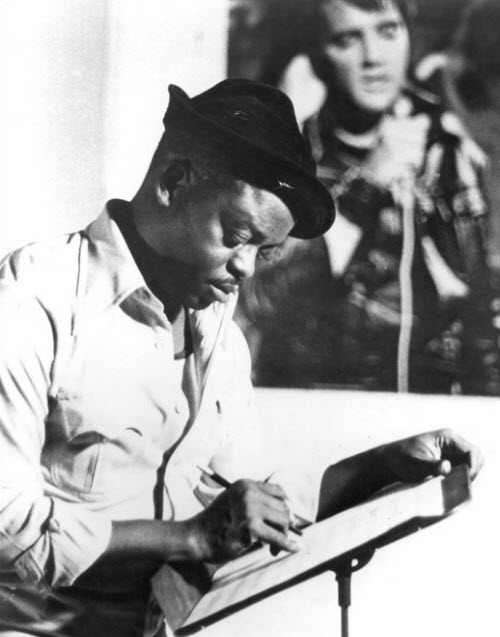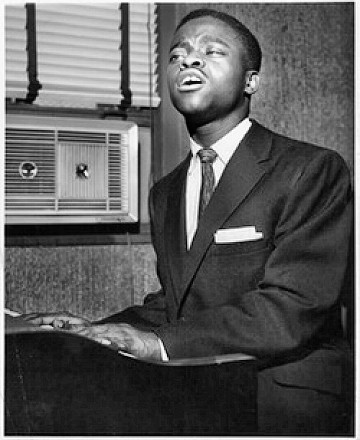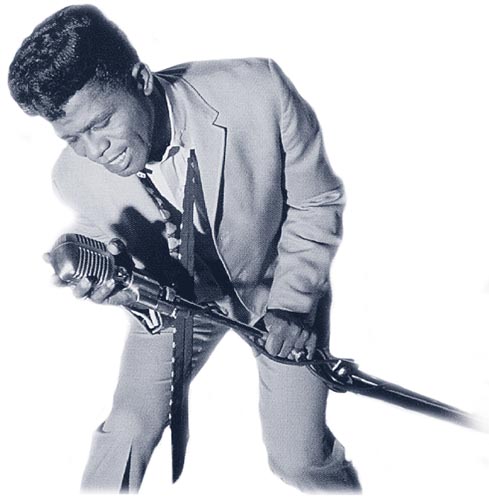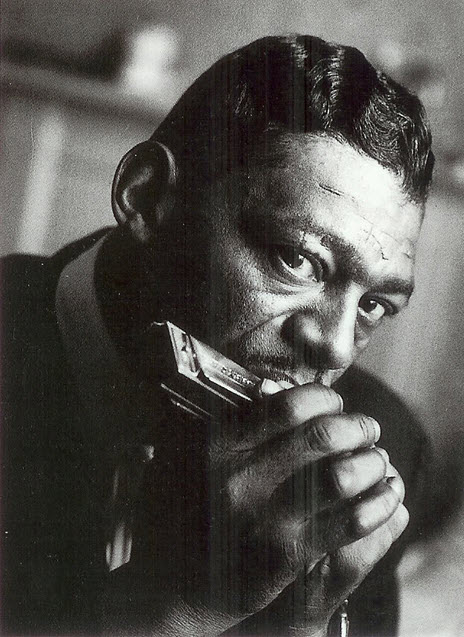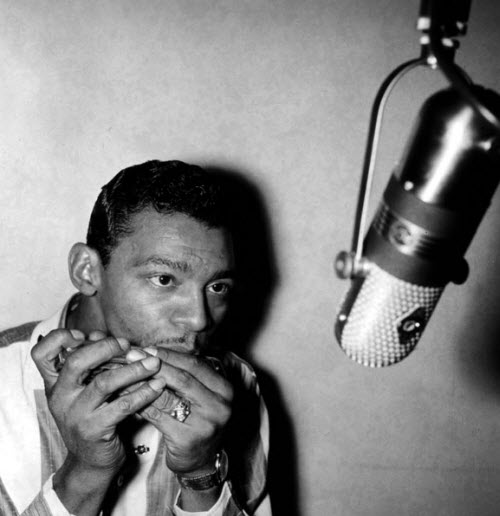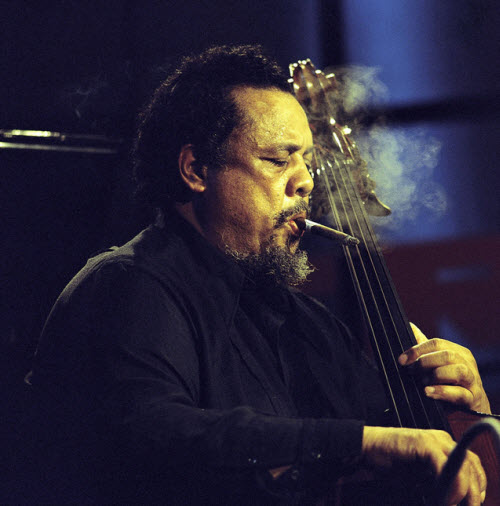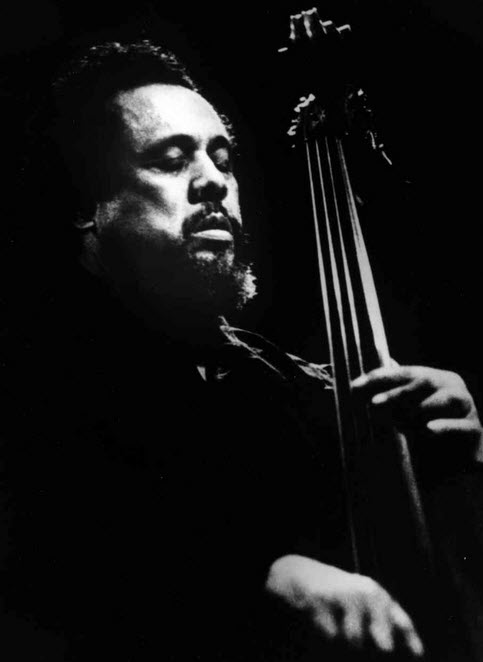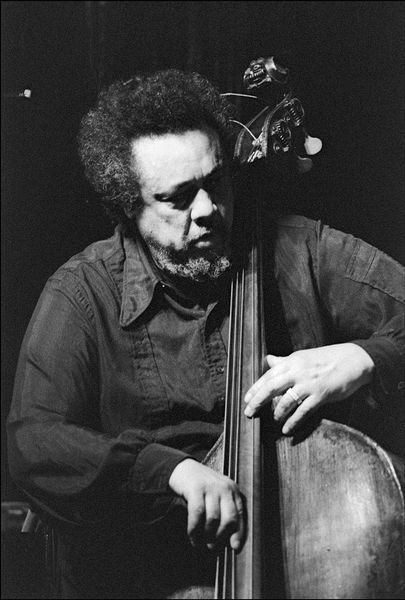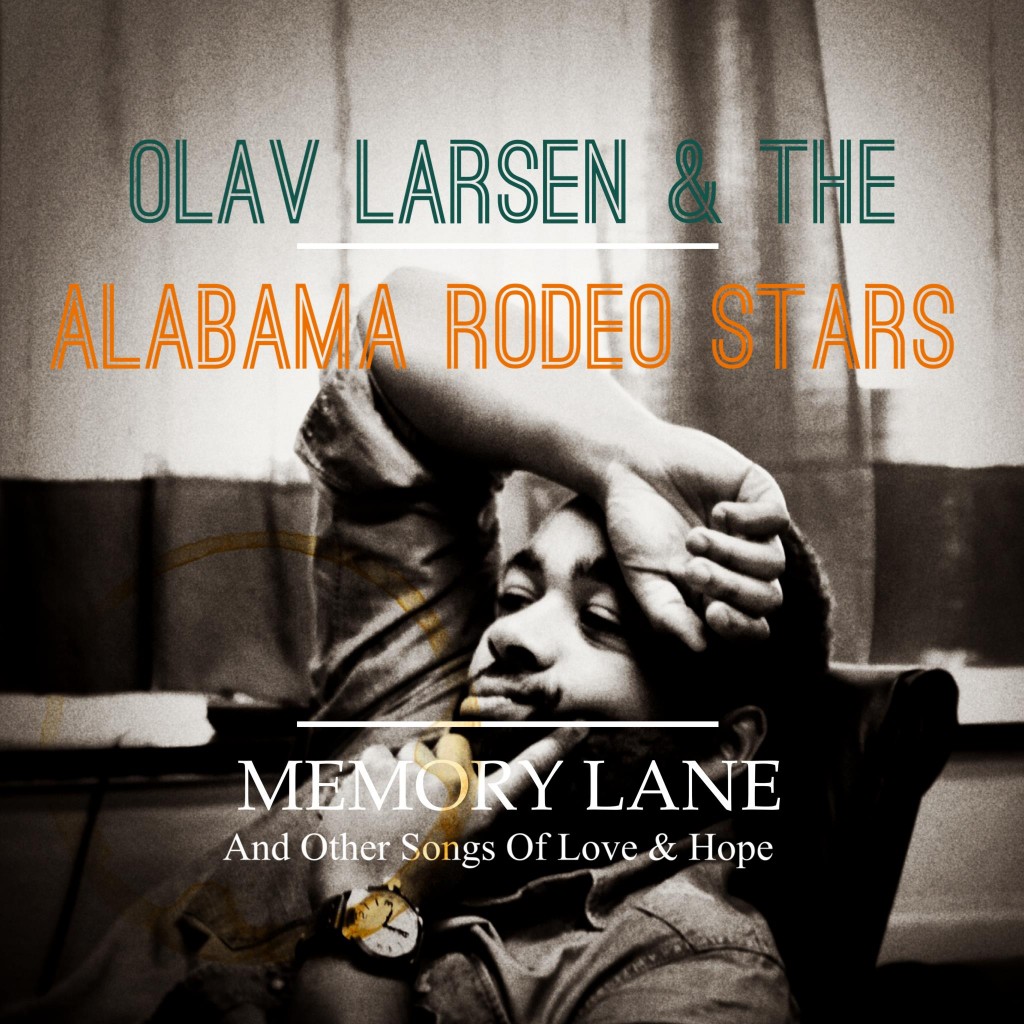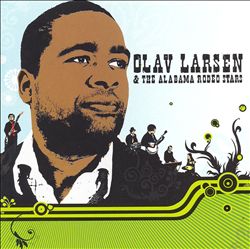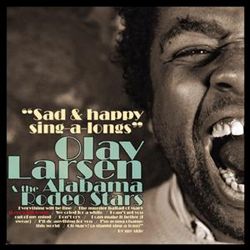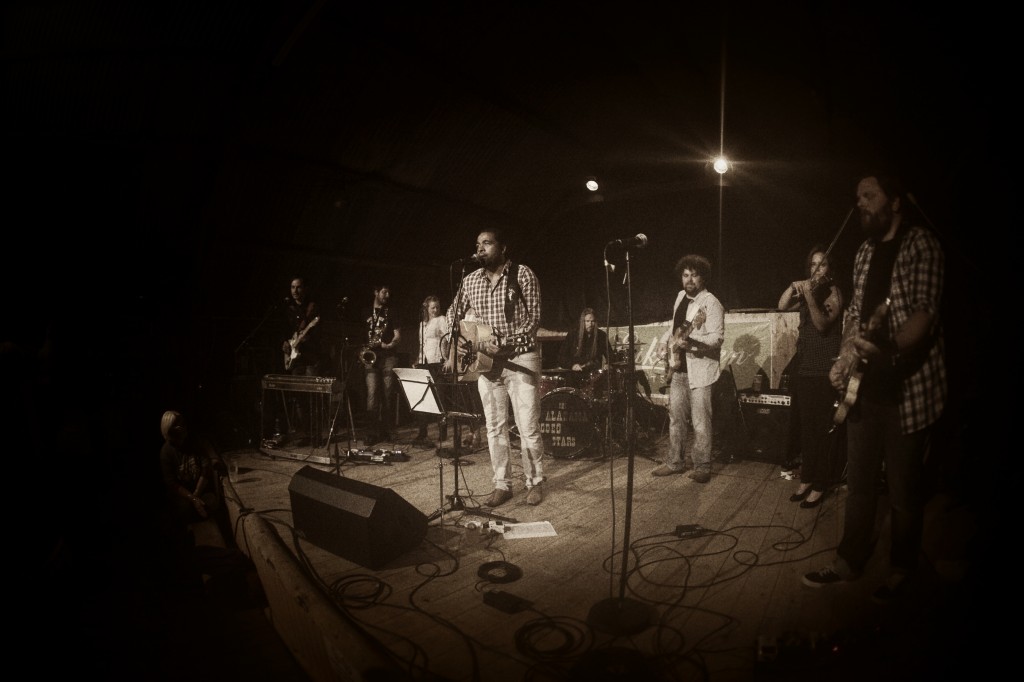I like this town, it’s really great. They’ve put me in The Nashville Songwriters Hall of Fame. This town is about music. It’s about the kind of music I like.
~Otis BlackwellI used to go down every year for the remembrance of Elvis’ birthday. Memphis State College invited me to sit in the auditorium and speak to the people for one of those Elvis days.
~Otis BlackwellBlackwell’s songwriting style is as identifiable as that of Willie Dixon or Jerry Leiber & Mike Stoller. He helped formulate the musical vocabulary of rock & roll when the genre was barely breathing on its own.
~Bill Dahl (allmusic.com)
All Shook Up – Elvis Presley:
Great Balls Of Fire – Jerry Lee Lewis:
Wikipedia:
| Also known as | John Davenport |
|---|---|
| Born | February 16, 1931 |
| Origin | Brooklyn, New York, United States |
| Died | May 6, 2002 (aged 71) Nashville, Tennessee, U.S. |
| Genres | East Coast blues, rock and roll,R&B |
| Occupations | Singer, pianist, songwriter |
| Instruments | Piano |
| Years active | 1950s–2002 |
| Labels | RCA, Groove, Atlantic |
Otis Blackwell (February 16, 1931 – May 6, 2002) was an American songwriter, singer, and pianist, whose work significantly influenced rock and roll. His compositions include Little Willie John’s “Fever”, Jerry Lee Lewis’ “Great Balls of Fire” and “Breathless”, Elvis Presley’s “Don’t Be Cruel”, “All Shook Up” and “Return to Sender” (with Winfield Scott), and Jimmy Jones’ “Handy Man”. He should not be confused with another songwriter and producer Robert “Bumps” Blackwell.
Fever – Little Willie John:
Awards:
- Otis Blackwell was inducted into the Nashville Songwriters Hall of Fame in 1986
- in 1991 into the National Academy of Popular Music’s Songwriters Hall of Fame
- Blackwell’s crowning moment came in the late 1980s when the Black Rock Coalition, a prominent organization of black rock musicians, led by Vernon Reid, the lead guitarist of the band, Living Colour, held a tribute for him at the Prospect Park Bandshell in his native Brooklyn. Many prominent musicians and singers took part including Blackwell himself, who performed an assortment of his best songs, including “One Broken Heart for Sale,” “Black Trail,” “Don’t Be Cruel” and “Daddy Rolling Stone.”
- Blackwell was named one of the 2010 recipients of Ahmet Ertegun Award in the Rock and Roll Hall of Fame. This category encompasses those who primarily work behind the scenes in the music industry.
Don’t Be Cruel – Elvis Presley:
Spotify Playlist:
Other May-06
Continue reading Today: Otis Blackwell passed away in 2002 – 11 years ago

